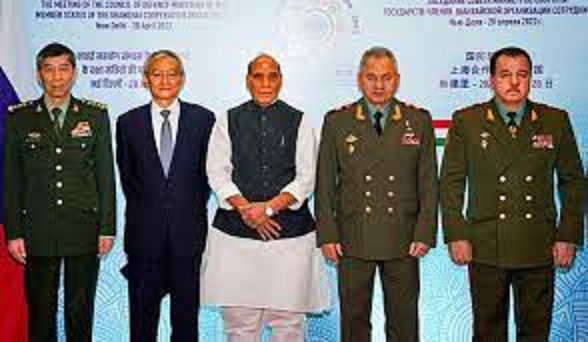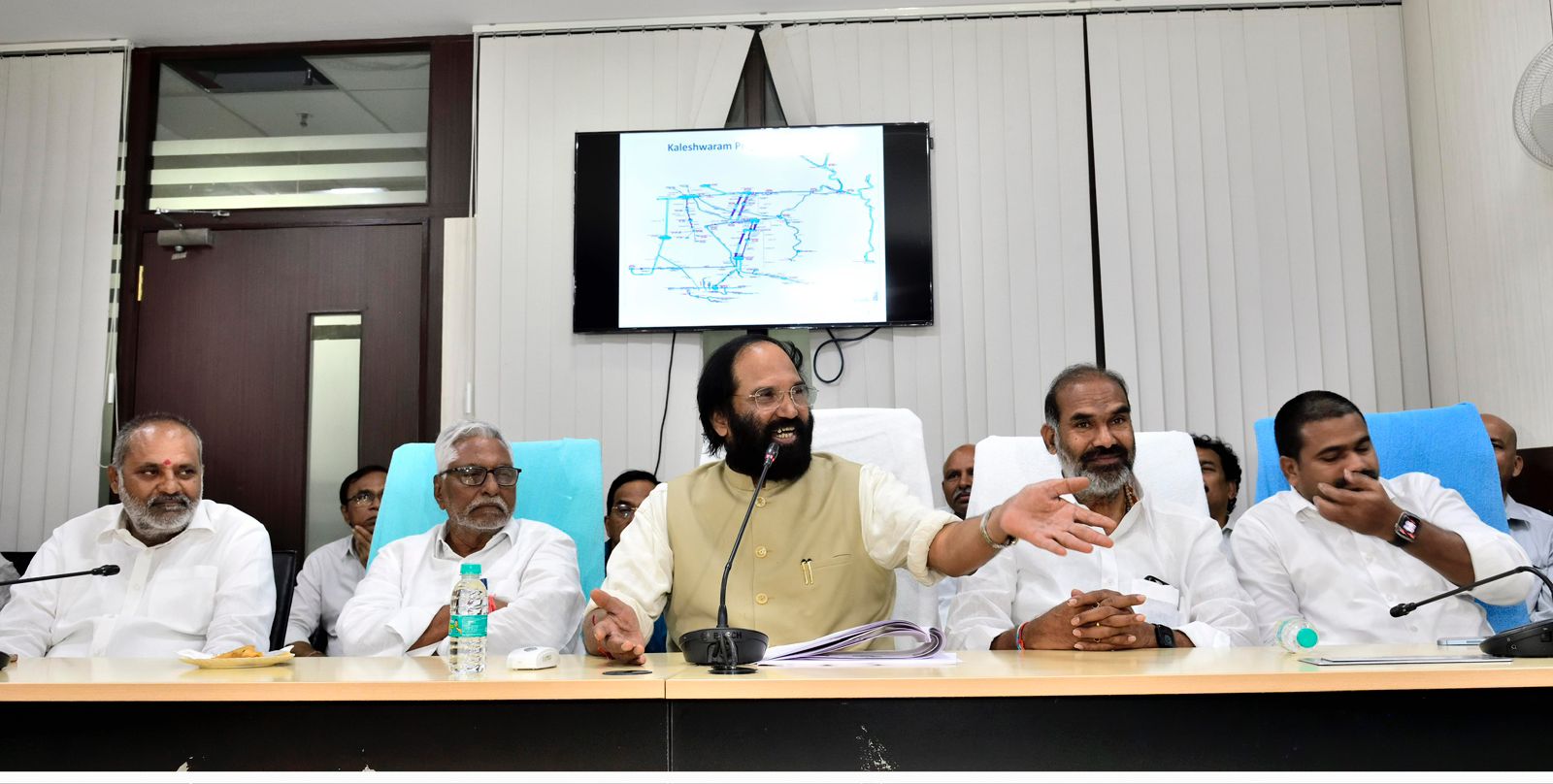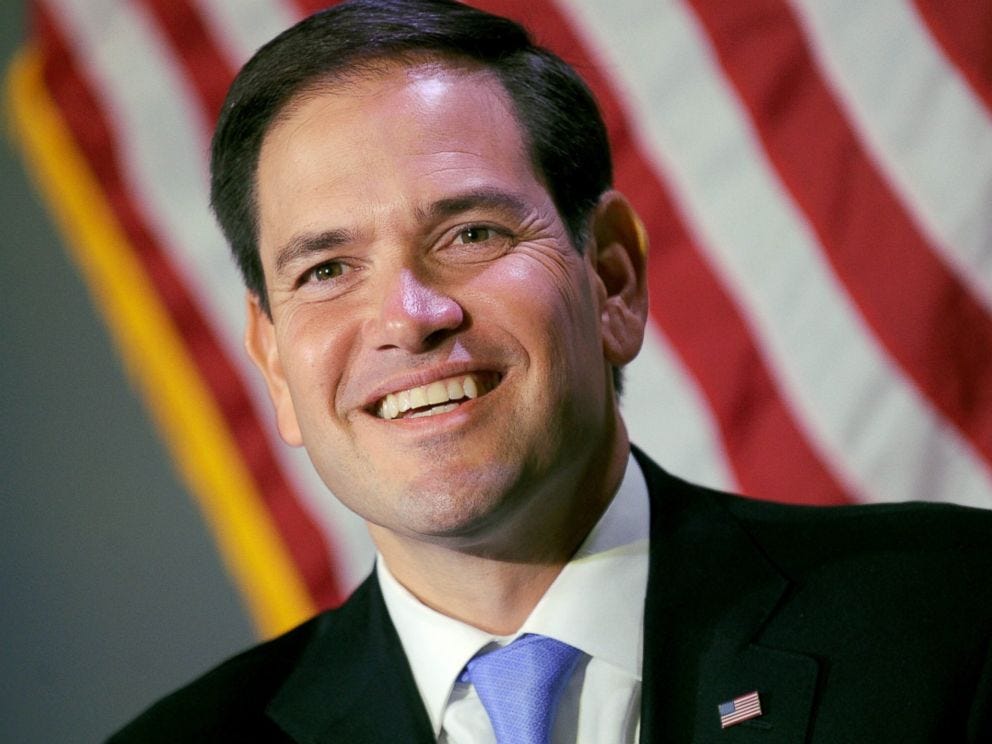India-China border situation ‘generally stable’: China’s defence minister Gen Li tells Singh

Beijing: After India firmly told China that its violation of the border pacts has “eroded” the entire basis of bilateral ties, China’s defence ministry on Friday said the situation at the border is “generally stable” and both sides should put the boundary issue in an “appropriate position” and promote its transition to “normalised management”.
China’s defence minister General Li Shangfu, who is in New Delhi to attend the Shanghai Cooperation Organisation (SCO) Defence Ministers conference, held a 45-minute-long meeting with his Indian counterpart Rajnath Singh on Thursday during which the two ministers discussed the standoff at the eastern Ladakh area since May 2020.
At the meeting, Singh told Gen Li that China’s violation of border agreements “eroded” the entire basis of ties between the two countries and that all issues relating to the frontier must be resolved in accordance with the existing pacts.
A Chinese Defence Ministry statement issued here on Friday said that during the meeting the two sides exchanged views on militaries and bilateral relations.
Gen. Li pointed out that “currently, the situation on the China-India border is generally stable and the two sides have maintained communication through military and diplomatic channels”.
“The two sides should take a long-term view, place the border issue in an appropriate position in bilateral relations, and promote the transition of the border situation to normalised management,” he said.
“It is hoped that the two sides will work together to continuously enhance mutual trust between the two militaries and make proper contributions to the development of bilateral relations,” Li told Singh.
He said that as major neighbouring countries and important developing countries, China and India share far more common interests than differences.
“The two sides should view bilateral relations and each other’s development from a comprehensive, long-term and strategic perspective, and jointly contribute wisdom and strength to world and regional peace and stability”, he said.
The Indian government sources in New Delhi said Singh conveyed to Li that after disengagement in remaining friction points in eastern Ladakh, there should be a movement towards de-escalation and expressed hope for a “positive response”.
In a statement, India’s defence ministry said the two ministers had “frank discussions” about the developments in the India-China border areas as well as bilateral relations.
“The Raksha Mantri categorically conveyed that development of relations between India and China is premised on the prevalence of peace and tranquillity at the borders,” it said.
“He added that all issues at the LAC need to be resolved in accordance with existing bilateral agreements and commitments,” the ministry said in New Delhi.
Singh “reiterated that violation of existing agreements has eroded the entire basis of bilateral relations and disengagement at the border will logically be followed with de-escalation,” it said.
The talks took place hours after Li arrived in Delhi to attend the meeting of defence ministers of the SCO on Friday.
Singh also conveyed to Li that India wants to improve relations with China but it can happen only after peace and tranquillity are restored at the border, the sources said.
Defence Minister Singh categorically stated in the meeting that military cooperation between the two countries can progress only if peace and tranquillity are established at the border, they said.
In a tweet, Singh said: “Held discussions with China’s Defence Minister, General Li Shangfu in New Delhi.” India has been slamming China’s deployment of a massive number of troops and its aggressive behaviour along the LAC in eastern Ladakh in violation of pacts on border management.
The meeting between the two defence ministers took place days after the Indian and Chinese armies held the 18th round of military talks on ending the border row.
In the Corps Commander talks on April 23, the two sides agreed to stay in close touch and work out a mutually acceptable solution to the remaining issues in eastern Ladakh at the earliest.
However, there was no indication of any clear forward movement in ending the three-year row.
On March 2, External Affairs Minister S Jaishankar held talks with his Chinese counterpart Qin Gang on the sidelines of a conclave of the G20 grouping in New Delhi.
In the talks, Jaishankar conveyed to Qin that the state of India-China relations is “abnormal”.
In line with a decision taken at the 16th round of military talks, the two sides carried out disengagement from Patrolling Point 15 in the Gogra-Hotsprings area in September last year.
The eastern Ladakh border standoff erupted on May 5, 2020, following a violent clash in the Pangong Lake area.
The ties between the two countries nosedived significantly following the fierce clash in the Galwan Valley in June 2020 that marked the most serious military conflict between the two sides in decades.
As a result of a series of military and diplomatic talks, the two sides completed the disengagement process on the north and south banks of the Pangong Lake and in the Gogra area.
Singh also held separate bilateral talks with his counterparts from Kazakhstan, Iran and Tajikistan and presented them with mementoes. It is learnt that no memento was given to the Chinese minister.
Chinese foreign minister Qin is also set to visit India next week to attend a conclave of foreign ministers of SCO member countries in Goa. The meeting is slated for May 4 and 5.
India is hosting the SCO defence ministers’ meeting under its presidency of the Beijing-based grouping.




